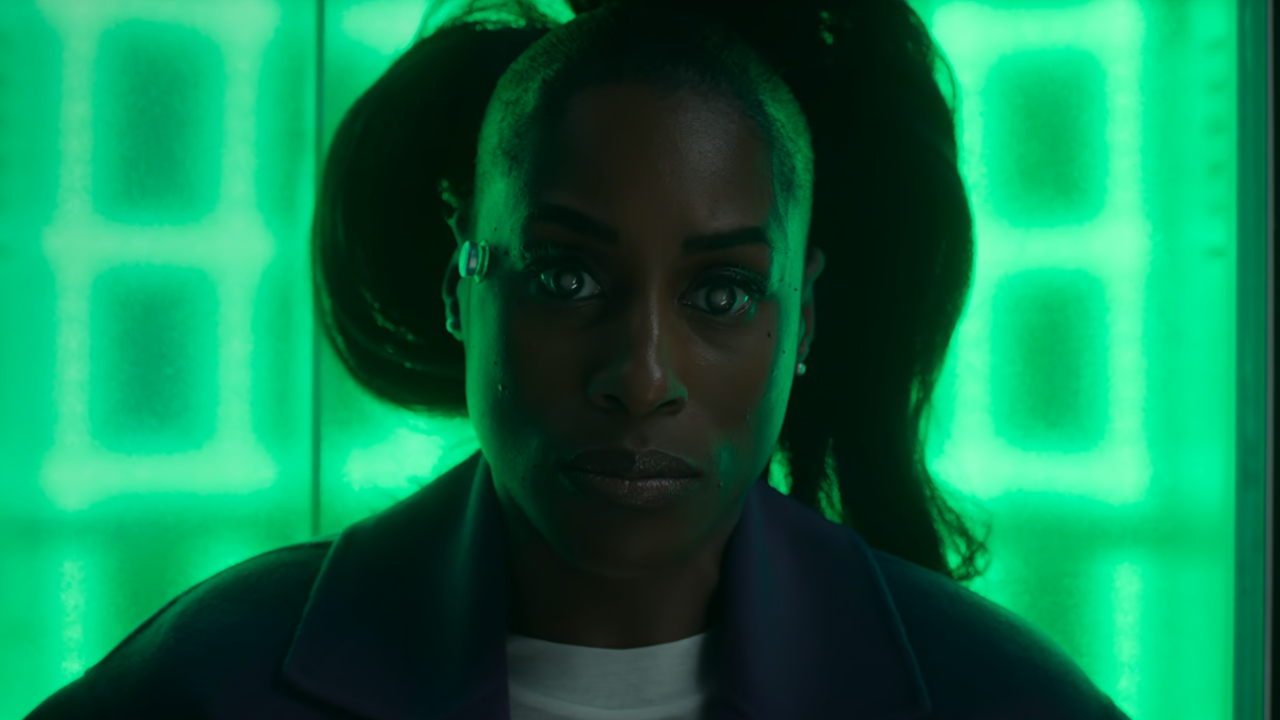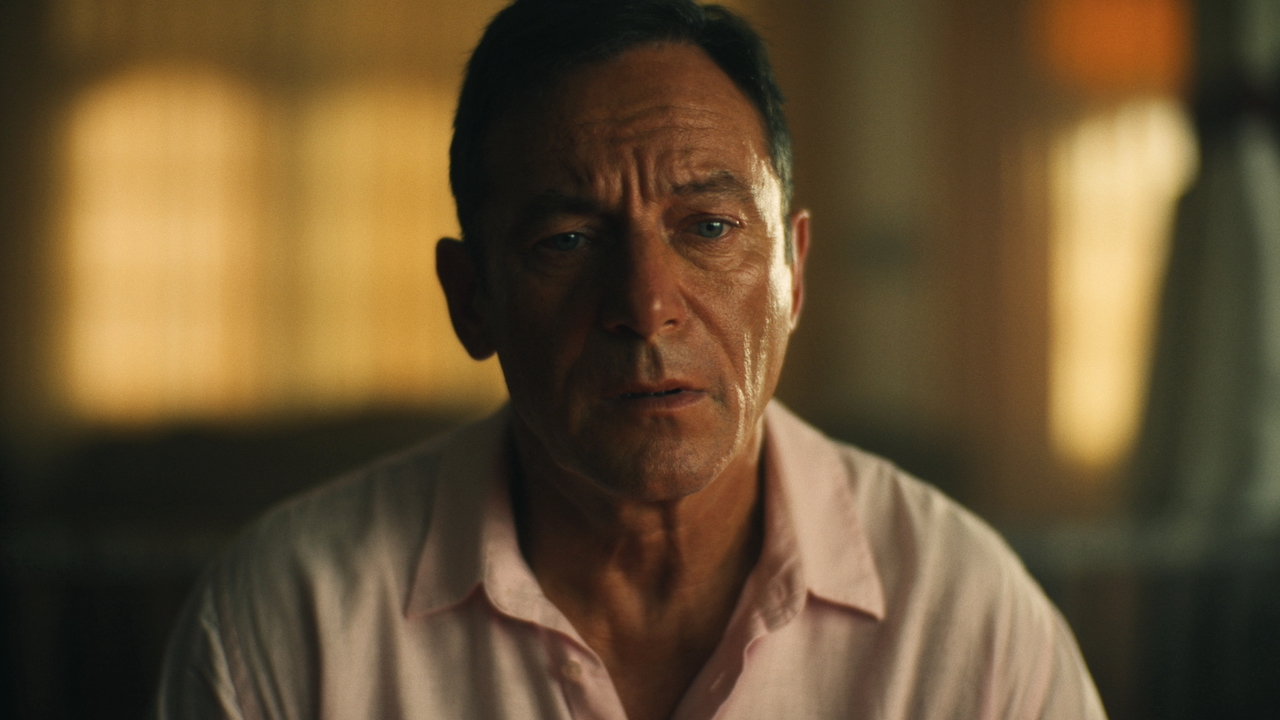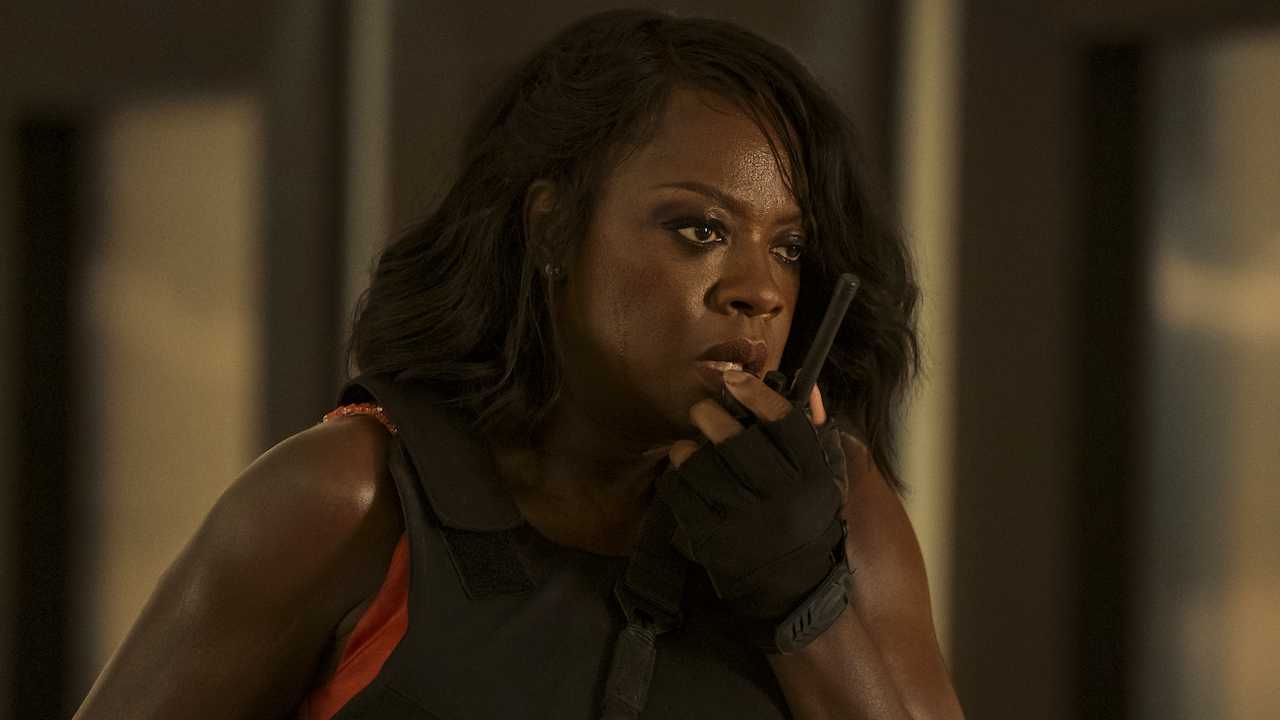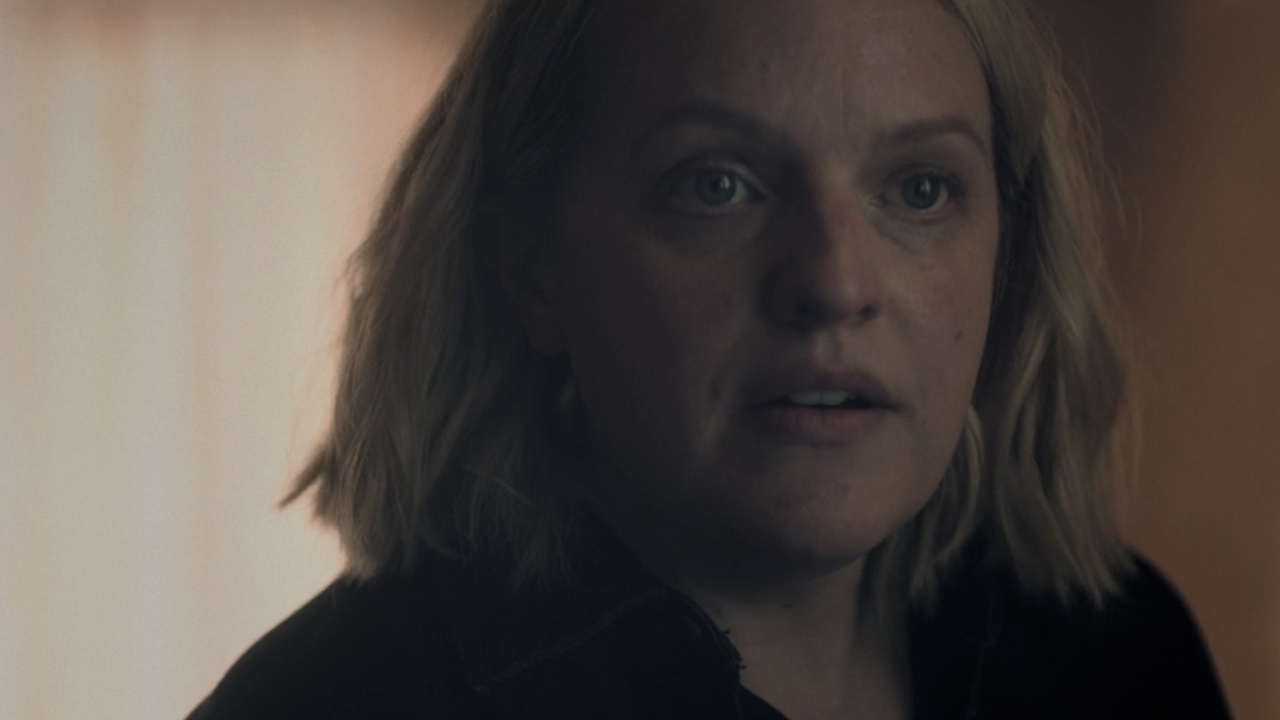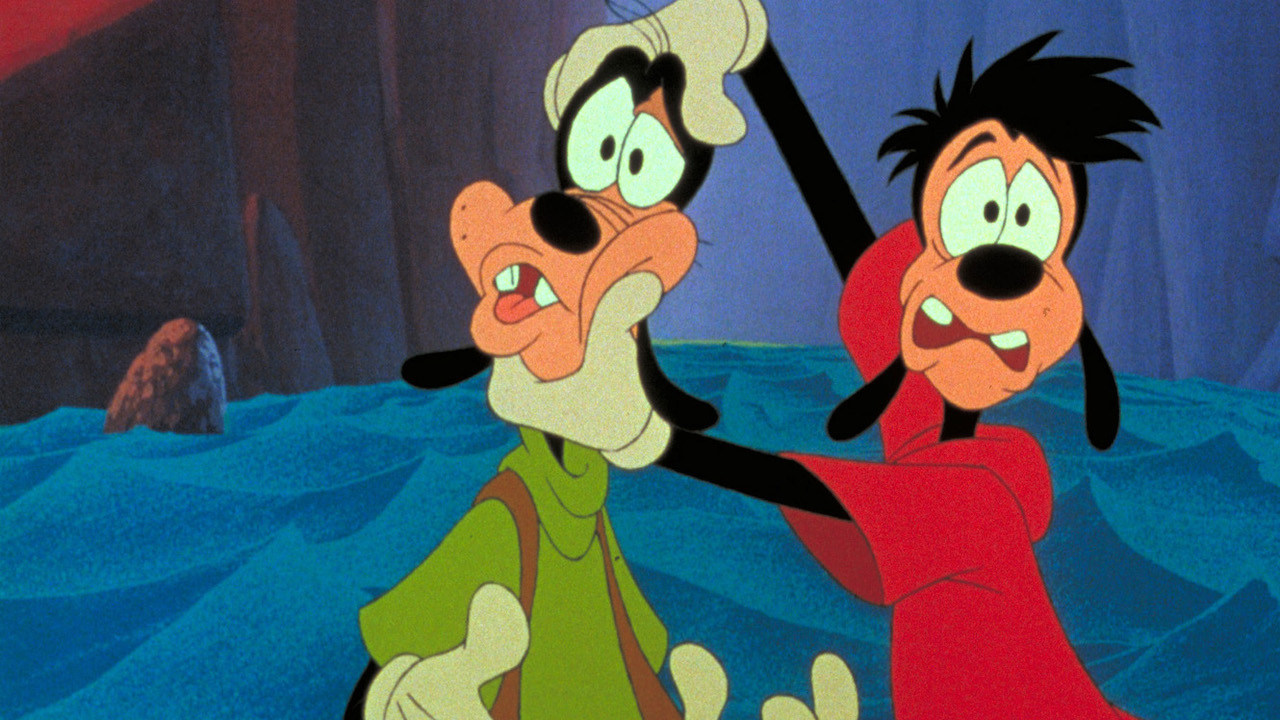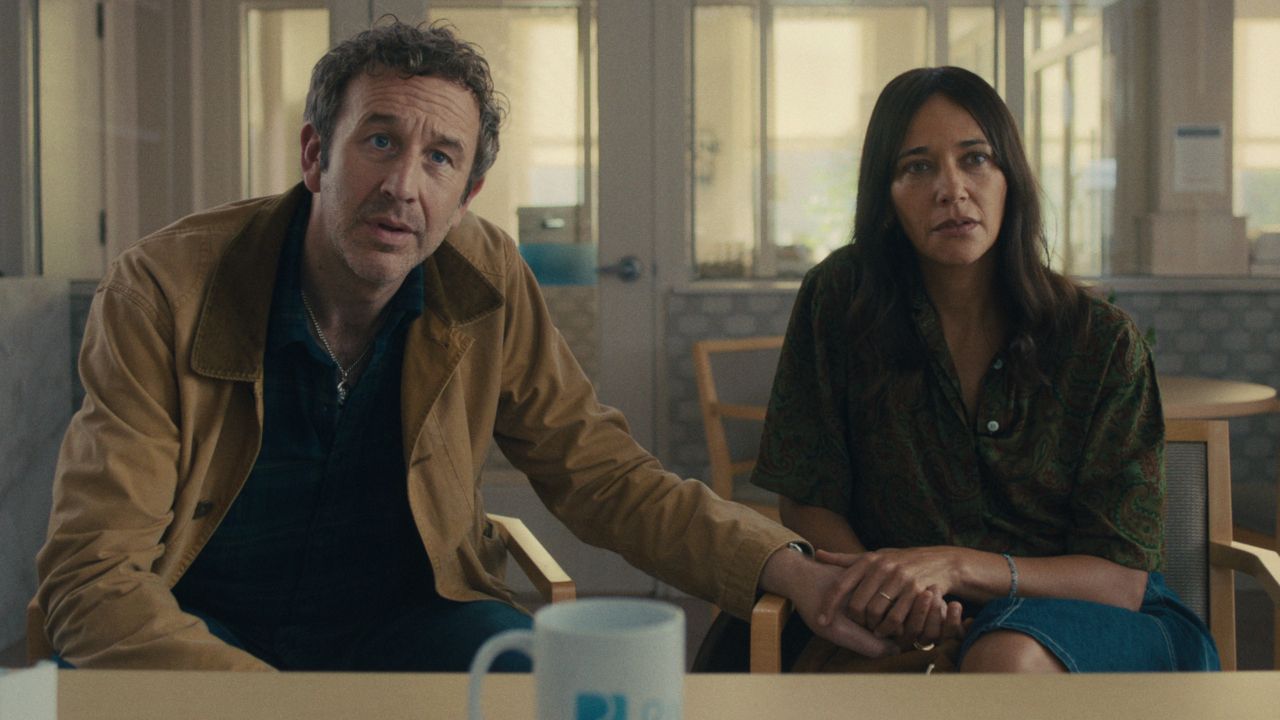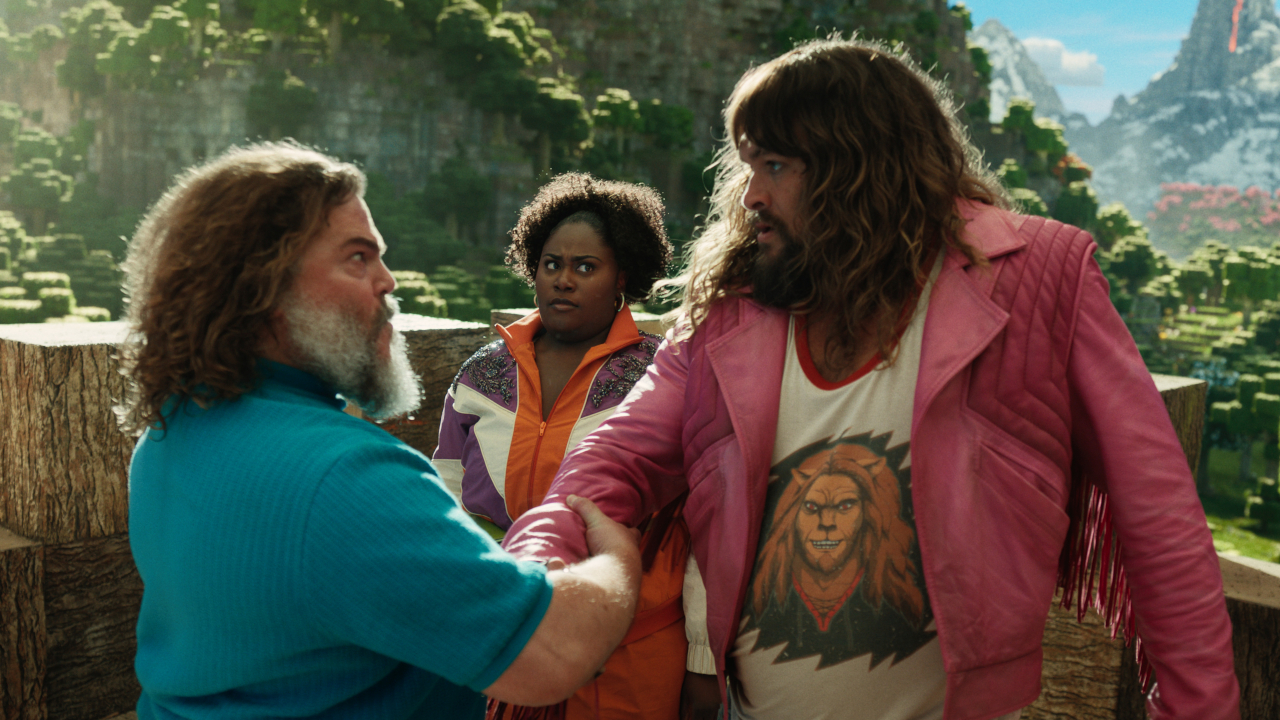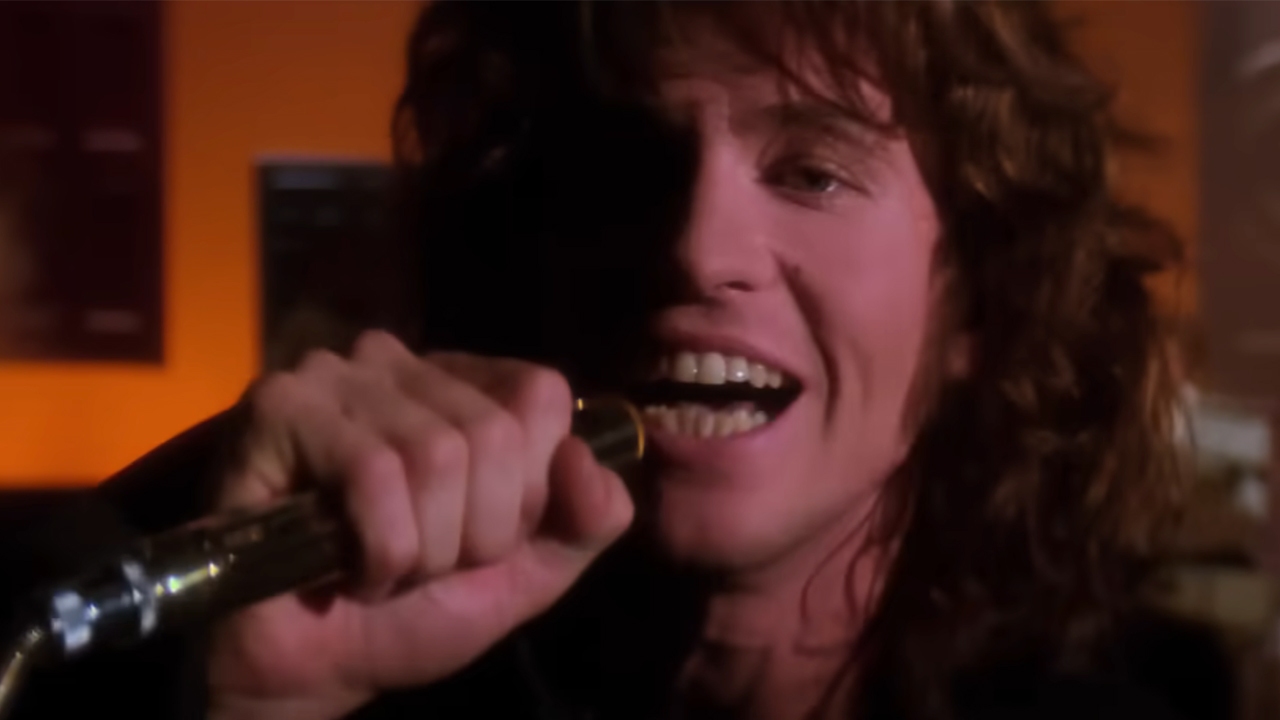Adapting Stephen King's Dreamcatcher: The 2003 Flop Doesn't Live Up To Its Stellar Cast
So much talent wasted...
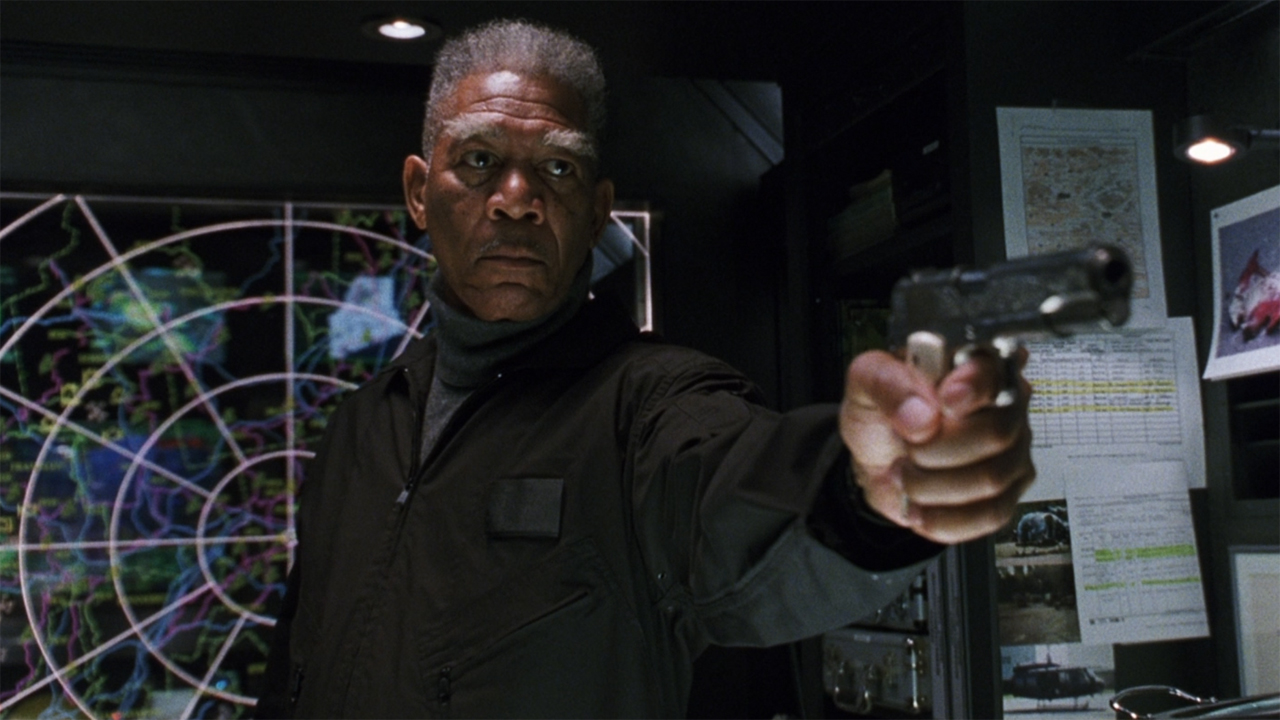
In adapting the works of Stephen King, Castle Rock Entertainment had an amazing run. The name of the company inspired by co-founder Rob Reiner’s success making 1986’s Stand By Me, the studio earned all of the author’s trust by making films that always kept to the spirit of his books and were realized with tremendous quality. The mixed legacy of Hearts In Atlantis aside, Misery, The Shawshank Redemption, Dolores Claiborne, and The Green Mile all earned awesome critical acclaim, and while not quite as prestigious as the others, Needful Things is a gem.
Of course all things come to an end – and for the relationship between Castle Rock Entertainment and Stephen King, the end was kind of disastrous.
Dreamcatcher was a book that Castle Rock opted to option prior to its release, but, according to Stephen King Films FAQ by Scott Von Doviak, the deal wasn’t the same as it was for Hearts In Atlantis. While King sold the rights to that tome for a dollar (provided he got director, script, and cast approval, and five percent of the profits from the first dollar earned), the sci-fi epic was purchased for $1 million.
William Goldman, who worked with Castle Rock in the making of Misery, Dolores Claiborne, and Hearts In Atlantis, was brought aboard initially to write the screenplay – but his role was diminished after Lawrence Kasdan came aboard to direct. An Oscar-nominated writer himself, Kasdan had a heavy hand in the development of the script, first collaborating with Goldman on a rewrite, and then penning the shooting draft alone.
The movie was produced with a stellar ensemble, cutting-edge visual effects, and a substantial $68 million budget… and it was a major flop. Critics eviscerated the film, and opening in second place during the weekend of March 21, 2003, it only made $15 million. Ticket sales rapidly dwindled, and it only made $75.7 million by the time it was playing on the big screen worldwide. Castle Rock has not produced a Stephen King adaptation since.
Lawrence Kasdan’s Dreamcatcher is a sad chapter in the history between King and Hollywood due to its financial failure, but nearly twenty years after its original release, is it possible to look back on it with rosier shades? Does it deserve the drubbing it has long received from critics and pop culture? It’s a complicated series of questions that tie closely with the circumstances of the book, so let’s start there as we dive into this week’s Adapting Stephen King.
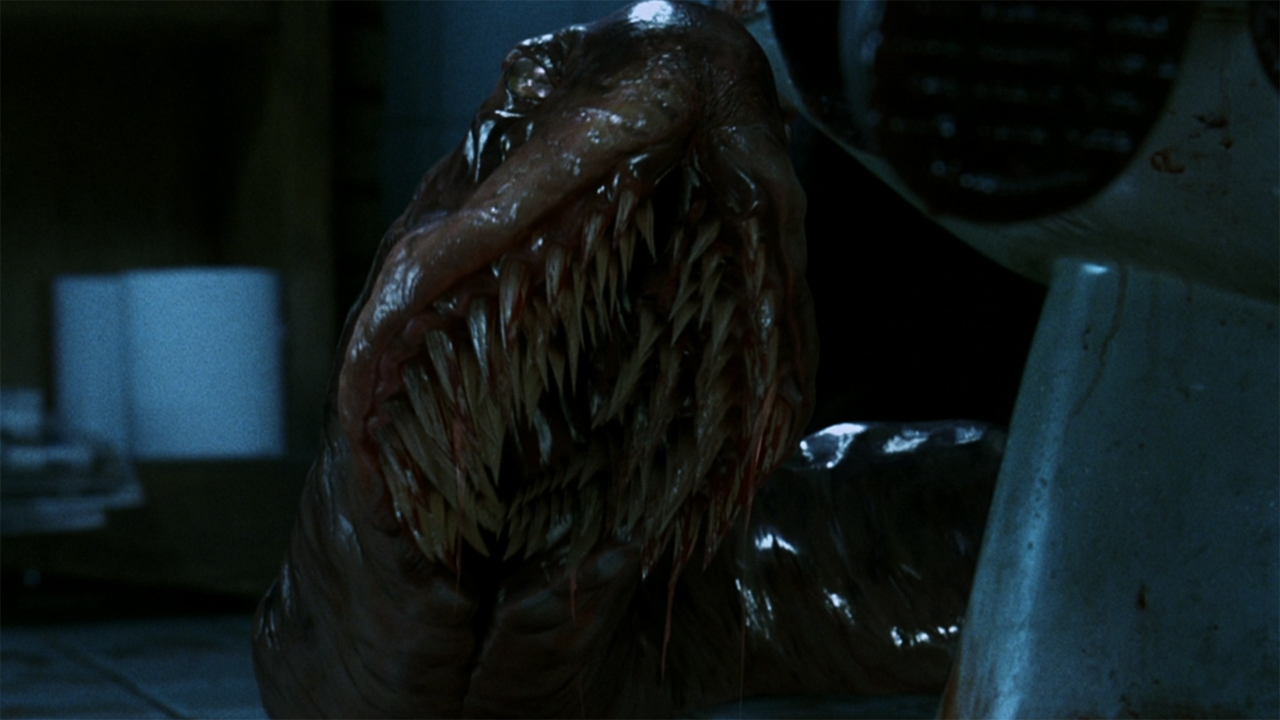
What Dreamcatcher Is About
On June 19, 1999, Stephen King was nearly killed. About a month after the publication of the novel The Girl Who Loved Tom Gordon, the author was walking along the shoulder of a road in Lovell, Maine, and a distracted driver ran into him with his minivan. After being taken to the local hospital and then airlifted to the Central Maine Medical Center, he underwent five operations in 10 days, and Constant Readers around the world held their breath awaiting news of his condition.
CINEMABLEND NEWSLETTER
Your Daily Blend of Entertainment News
King chronicles a first-hand account of what happened in 2000’s On Writing, which he started writing before the accident, and finished after – composing the invaluable tome in short spurts due to excruciating pain from his shattered hip.
The pain he experienced was so substantial that his long maintained sobriety was forcibly interrupted. He had proudly written 1991’s Needful Things as his first book without the use of narcotics and alcohol, but after being struck by the van he was given a prescription for the opiate OxyContin. As he recalls in a 2014 interview with Rolling Stone, his usage of the drug had an impact on the development of what was his next novel: Dreamcatcher. Said King,
I was using a lot of OxyContin for pain. And I couldn’t work on a computer back then because it hurt too much to sit in that position. So I wrote the whole thing longhand. And I was pretty stoned when I wrote it, because of the Oxy, and that’s another book that shows the drugs at work.
Originally titled Cancer (which his wife Tabitha King demanded he change), the book has echoes of “The Body,” IT, and Hearts In Atlantis, in that it is in part about childhood friendship and the adults that those children turn into. There are elements of the supernatural at play, as each of the protagonists possesses a unique psychic gift that is given to them by a mentally challenged pal that they rescued growing up in the town of Derry, Maine. The characters come together for what they hope is a peaceful hunting trip after one of them, Gary "Jonesy" Jones, successfully rehabilitates after being struck by a car (there’s no telling where King got inspiration for that little plot development).
Unfortunately, the group ends up splitting into pairs, and discoveries that each pair make quickly see circumstances go from bad to worse. Jonesy and Joe "Beaver" Clarendon first encounter a strange man named Richard McCarthy who emerges from the woods claiming to have been lost, and they give him shelter in their cabin. McCarthy has horrific gas that is expelled from both ends, and initially it’s assumed that he is just sick – but in reality he is infected with an extraterrestrial parasite that has taken up residence in his lower intestine.
While driving on a trip to collect supplies, Pete Moore and Henry Devlin find an infected individual of their own – a woman sitting in the middle of the road that they nearly hit– and eventually the truth is revealed: a spaceship has crash landed in the vicinity, and the beings aboard are doing everything that they can to try and survive in the icy conditions.
Responding to the crisis is a military unit so covert that they don’t even identify as military. The hard-nosed retired US Air Force Colonel Abraham Kurtz, who has seen this kind of invasion before, leads the operation, and it is his intention to wholly cleanse the area, willing to kill anybody in the quarantine zone as a means of controlling any kind of spread. Unfortunately for Kurtz, his closest confidant, army officer Owen Underhill, questions if his methods are sound.
After Beaver is killed by McCarthy’s “shit-weasel,” Jonesy is possessed by an alien referred to as Mr. Gray, and his plan is to get to a Standpipe or reservoir so that the alien “byrus,” an infectious fungus, can be spread and the extraterrestrials can survive. With Jonesy fighting from inside his own mind and trying to slow Mr. Gray down as much as he can, it becomes up to Henry Devlin – who gets captured by the “military” – to try and save the world.
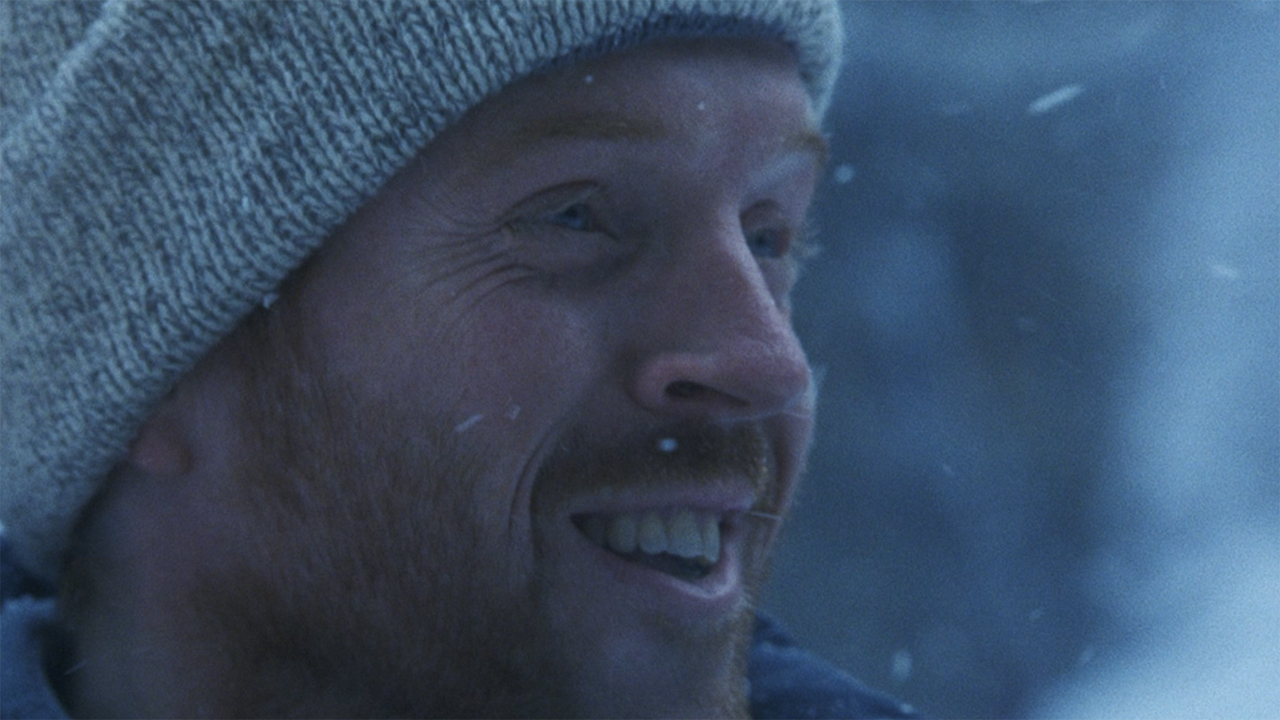
How Lawrence Kasdan’s Dreamcatcher Differs From Stephen King’s Novel
In adapting Stephen King’s Dreamcatcher, the 2003 film takes a strange escalating approach to changes from the source material. The first act of the movie is very familiar to those who have read the book, but as the story gets bigger and bigger, more and more liberties are taken, eventually resulting in an ending that is completely different than the novel.
It’s really when the “military” arrives on the scene about 52 minutes into the film when liberties start to be taken. Right off the bat Dreamcatcher removes King’s subtlety-lacking nod to Heart Of Darkness by changing Abraham Kurtz’s name to Abraham Curtis (Morgan Freeman), but it also glosses over the history between him and Owen Underhill (Tom Sizemore) – who we get to know purely as a loyal soldier rather than someone who has ruffled his commanding officer’s feathers in the past (which effectively sets up his eventual desertion).
In the same arena, the way in which Henry Devlin (Thomas Jane) gets Owen to help him is completely changed. There’s a whole bit in the book about the former knowing about a shameful act that the latter committed as a child (smashing a china serving platter that belonged to a neighbor), but in the movie Henry just psychically knows about Owen’s dedication to living up to the standard set by his heroic father (a character detail bluntly illustrated with Owen occasionally gazing at a photo he keeps in his wallet.)
Additionally, Lawrence Kasdan’s Dreamcatcher skips over Henry using his powers to incite a violent riot among his fellow prisoners so that he can escape with Owen, instead opting to merely have the characters execute a simple diversion for Curtis that allows them to get away.
That’s a relatively minor example of a much bigger deal in the attempt at adapting Dreamcatcher for the big screen. The movie does translate some scenes that take place inside Jonesy’s head as he internally battles with Mr. Gray, but the book is a great deal more cerebral than the adaptation, and a lot is cut out. This includes Jonesy tricking Mr. Gray into making a diversionary trip to the Derry Standpipe (which was destroyed at the end of IT) before heading to the Quabbin Reservoir, and getting the alien to be obsessed with bacon to the point that it gets sick.
Also removed is the reveal that the parasites give their hosts temporary psychic abilities, and that most people who get the “byrus” eventually recover from it.
Changes get exponentially bigger until the ending of the movie Dreamcatcher becomes a whole different beast than the conclusion of the book… literally. The idea of Duddits (Donnie Wahlberg) secretly being an alien the whole time is an invention of the film that was conceptualized in reshoots. Rather than featuring an extraterrestrial brawl, King’s version has Duddits use his gifts to psychically render Mr. Gray vulnerable, and the heroes kill him by smothering him with a pillow in their minds.
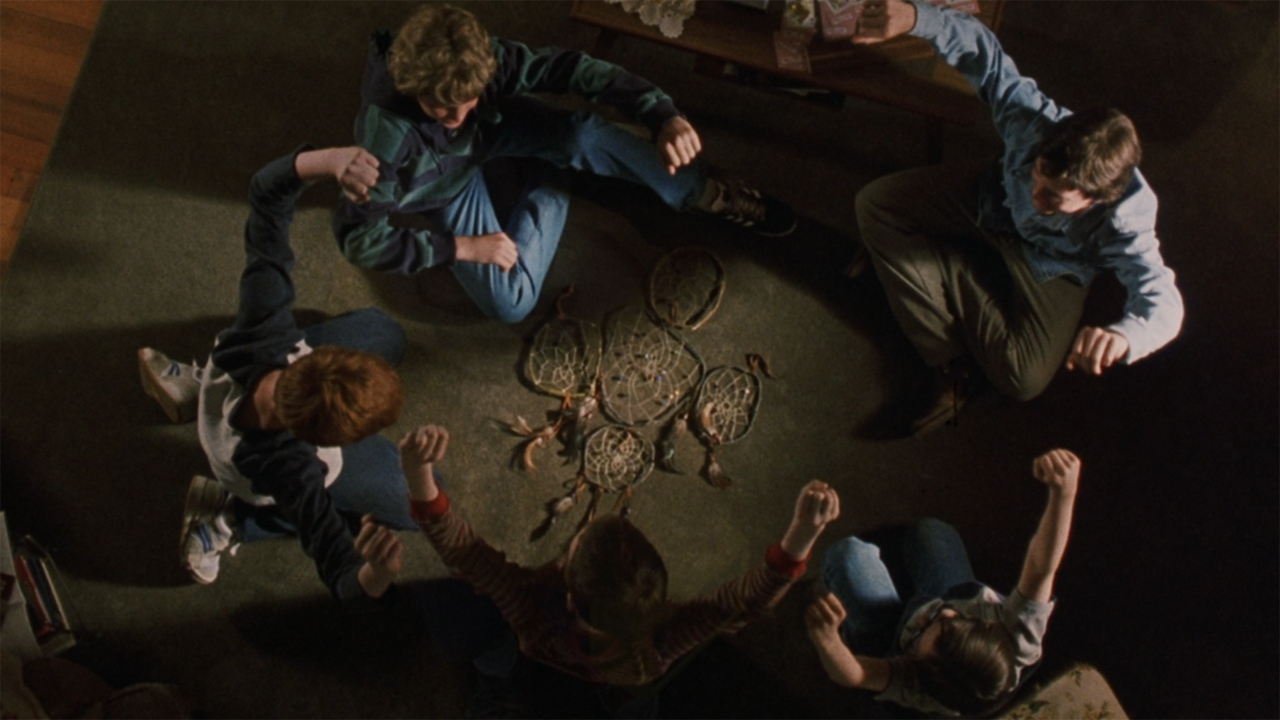
Is It Worthy Of The King?
Stephen King’s Dreamcatcher and The Tommyknockers are two books that share quite a lot in common. Both feature extraterrestrial-centric narratives; both were written by the author while under the heavy influence of narcotics; both end up being too sprawling for their own good; and both inspired adaptations that successfully lower the quality bar next to the source material.
The first act is the best part of Dreamcatcher because it’s an example of what Stephen King does best, introducing a close-knit group with an ineffable bond, and one can see why Lawrence Kasdan was drawn to the material, as there are echoes of his great 1983 film The Big Chill. It loses its way as the ka-tet is disbanded, and it takes a massive downward turn after Mr. Grey explodes into the cloud of red spores that take possession of Jonesy.
The novel gets overindulgent in its second half, but Lawrence Kasdan’s solution to hack and slash it doesn’t improve things. Not only are we deprived of seeing Henry induce a prison riot so that he can escape with Owen, but Kurtz/Curtis chasing them is turned into a boring one-man helicopter ride (in the book, Kurtz uses a parasite-infected soldier with temporary telepathy to help track them down).
Dreamcatcher is a frustrating film in large part because there is just so much extreme talent involved, and it’s just so disappointing. Any movie starring Thomas Jane, Damian Lewis, Timothy Olyphant, Jason Lee, and Morgan Freeman should be one that I want to watch, let alone one based on a book by Stephen King and adapted by Lawrence Kasdan. And yet every time I watch it, I dislike it more.
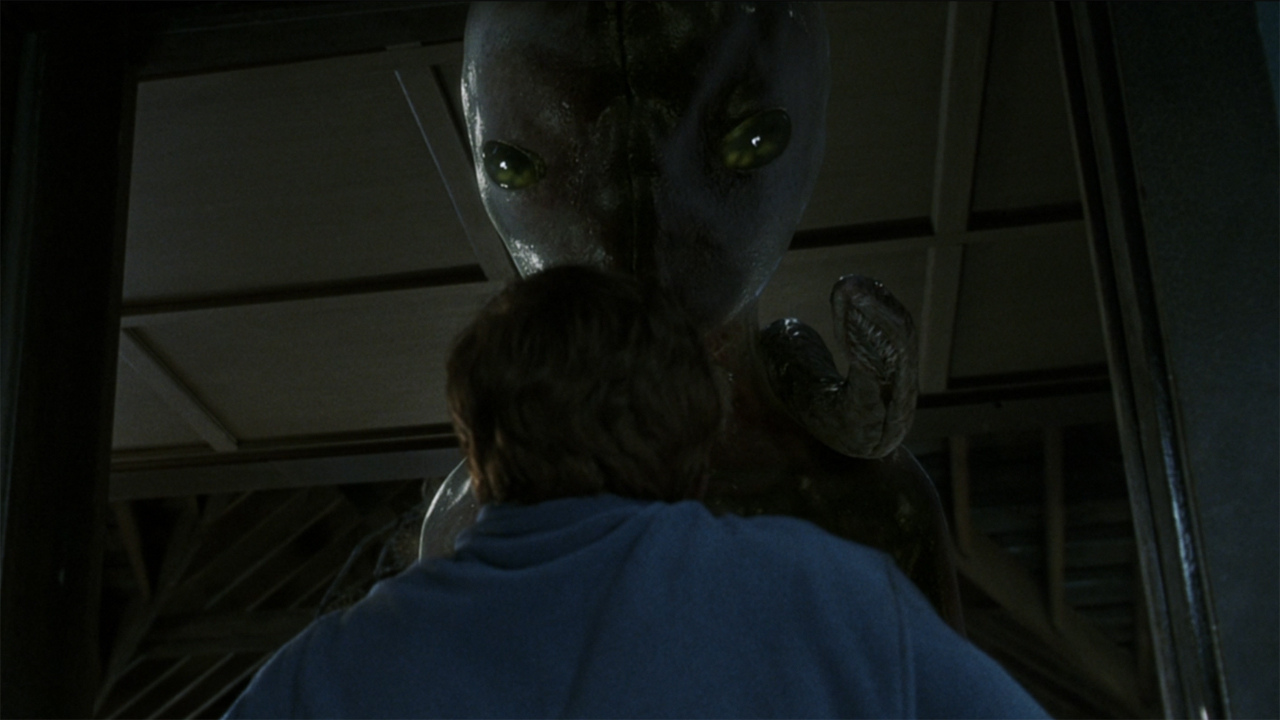
How To Watch Lawrence Kasdan’s Dreamcatcher
Should you now want to give Lawrence Kasdan’s Dreamcatcher a shot, the bad news is that it’s not presently streaming on any subscription services – but it is available for digital and rental purchase from a variety of outlets, including Amazon, Google, Vudu, and Apple. Those of you aiming to build the Ultimate Stephen King collection can easily find the movie on Blu-ray – the disc having been published by Warner Bros. in 2014. There is no commentary track, but there are four featurettes that together have a total runtime of over 50 minutes, and there are deleted scenes that include the original ending.
Moving into 2004, my next column will be examining the second adaptation to be made from the novella collection Four Past Midnight – namely David Koepp’s Secret Window starring Johnny Depp, based on the story “Secret Window, Secret Garden.” Look for the feature here on CinemaBlend next Wednesday, and for now you can read past installments of Adapting Stephen King by clicking through the banners below.







Eric Eisenberg is the Assistant Managing Editor at CinemaBlend. After graduating Boston University and earning a bachelor’s degree in journalism, he took a part-time job as a staff writer for CinemaBlend, and after six months was offered the opportunity to move to Los Angeles and take on a newly created West Coast Editor position. Over a decade later, he's continuing to advance his interests and expertise. In addition to conducting filmmaker interviews and contributing to the news and feature content of the site, Eric also oversees the Movie Reviews section, writes the the weekend box office report (published Sundays), and is the site's resident Stephen King expert. He has two King-related columns.
